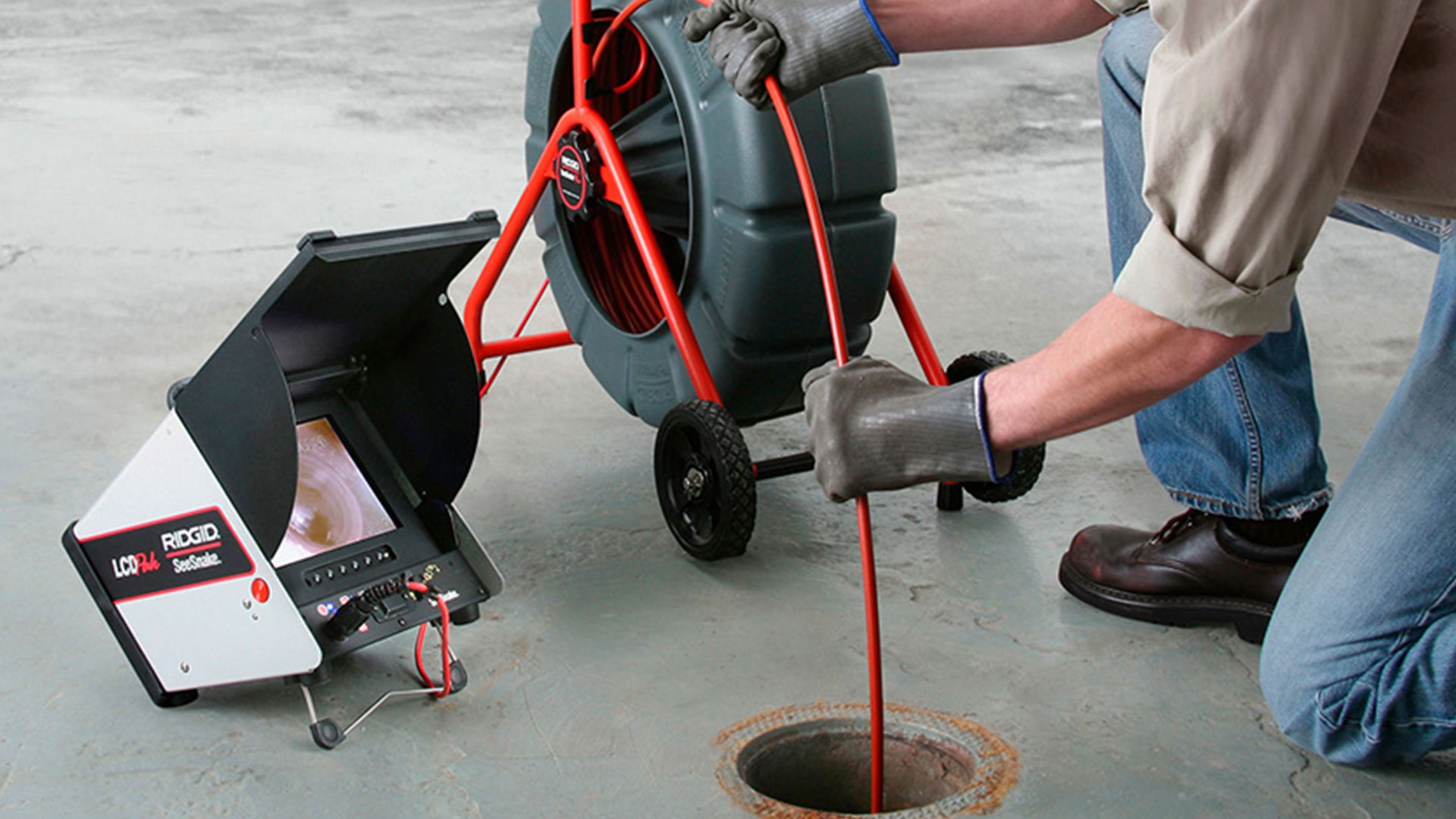Falling in love is exhilarating. It can also be a bit scary, especially when a home has captured your heart. What if something goes wrong and you end up not spending the rest of your life with this stack of brick and mortar you’re lusting after?
No matter how careful you are, some deal killers are unavoidable. Others, however, are preventable, so pay heed if you hope to keep your deal alive.
1. Don’t Mess with Your Mortgage Preapproval
A common reason for a real estate deal to fall apart is that many homebuyers don’t fully understand the mortgage process. Sure, you may get a loan preapproval, but don’t think for one minute that this guarantees you will get the loan. It doesn’t.
Here’s what happens after you receive your preapproval letter and decide to move forward with the purchase. The lender will start your file, give you a list of paperwork required, order an appraisal and credit reports, verify your employment and income, and more.
The file is then sent to the processor who will review all of your information as well as the appraisal. He or she will then put together a package of all pertinent information to be sent to the underwriter.
The underwriter is the person who ultimately determines whether or not you are an acceptable credit risk. He or she will assess your ability to repay the loan, your credit, and the collateral used to secure the mortgage – in this case the collateral is the home. Then, just before funding the loan, the underwriter will perform what is known as a “soft pull” of your credit information to see if anything has changed.
This is the point where many borrowers run afoul. If you hope to keep your purchase alive, don’t do anything – from application to closing – that might change your financial picture and sabotage your final approval. This means no shopping on credit for appliances, furniture or anything else. Don’t switch jobs, fall behind on your bills, co-sign a loan for anyone, or in any way reduce the income stated on your application.
2. Read Homeowners Association Documents Carefully
When you purchase a home in a managed community governed by a homeowners association (HOA), you’ll be given a mountain of paperwork to read and approve. Because there may be deal killers included in the fine print, it’s important to get to this task immediately upon receipt of the documents.
Look for any information about liens against the property; current litigation against the HOA, the builder, or the developer; and any red flags in the HOA budget. Since these documents aren’t easy to read and understand, it is worth the money you’ll spend to have your attorney look them over and advise you of any potential deal killers lurking within.
While the aforementioned HOA problems could potentially derail the deal, it’s better to have it happen upfront rather than when you’re further along in the process.
3. Home Inspection Problems
All homes – even newly constructed ones – may have problems. Going into the process not fully understanding this can set you up for a failed real estate deal. Sure, you ideally want to find a home that was owned by Mr. or Mrs. Clean who conscientiously took care of it during their entire ownership, but those are few and far between, and seeking them out is unrealistic.
Set your sites on finding a home that has small, easy-to-fix problems, and don’t freak out if some are worse than others. In other words, when considering making an offer, laugh at the loose doorknob but negotiate when it comes to water damage or worse.
The nitpicky homebuyer, who plans on nickel and diming the homeowner into replacing missing switch plates and dripping faucets, is the picture of a deal-breaker-in-the-making. Sure, in a buyer’s market you may get away with minor demands. In a seller’s market, however, there is always a cleaner offer right behind yours.
4. Budgeting Blunders
The real estate industry does a bang-up job of reminding homebuyers that they’ll need a down payment – typically from 3 percent to 20 percent of the total loan amount – when they purchase a home. What they often fail to inform real estate consumers about are the loan’s closing costs – the money you will be required to pay before the house is yours. This is most likely because closing costs are a little harder to pin down. They vary wildly and depend on the type of loan, the amount of the down payment, and a host of other factors.
Unfortunately, this lack of information frequently causes real estate deals to disintegrate. To avoid this particular problem, pay attention to all communications from your lender.
First, you will receive a form called a Loan Estimate. Look this over carefully to ensure that everything your lender agreed to is included. Pay close attention to the “Calculating Cash to Close” section, which concludes with an estimated cost to close the loan. Remember, this is an estimate and the amount may go higher or lower in the end. Speak with the lender if you find any problems here, especially if it will be impossible for you to come up with this money.
Just before closing you will receive the “Closing Disclosure,” which is quite similar to the estimate, but these figures are final. Again, review the “Cash to Close” figure.
By and large, real estate deals conclude successfully. Typically, it all comes down to the experience of your agent. Choose wisely and you’ll avoid the common pitfalls that can derail transactions. For a smooth, low-stress real estate transaction, slow down, keep your expectations realistic and heed the advice of your real estate agent or attorney.



















Follow Us!